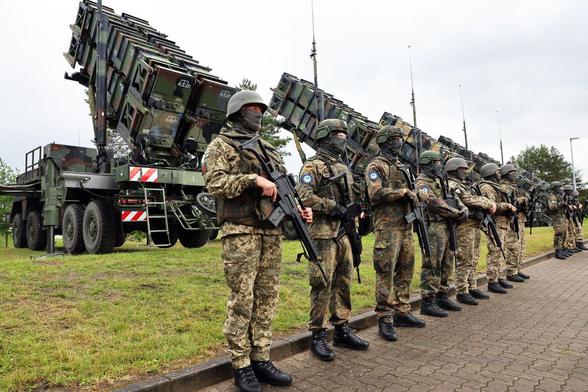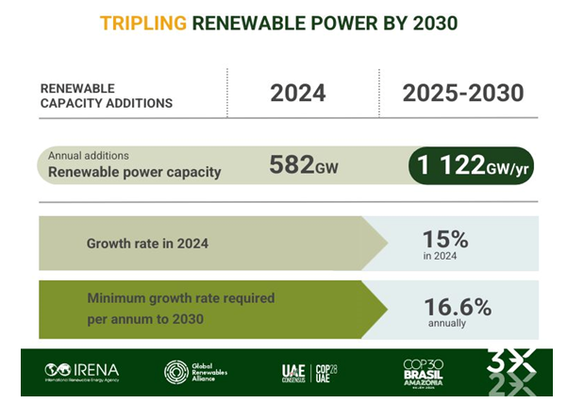Ok, I’m procrastinating downloading a bunch of vids with yt-dlp and at this point I’m already reaching the tabs limit on this Safari profile
What’d be the best way of downloading a bunch of videos with yt-dlp while still keeping a good control of what failed and what succeeded? (this is basically impossible from its output if you feed it a bunch of links in a single go)
I was wanting a webui I could selfhost and it’d show progress and status for each video it’s downloading (and let me pass custom options to the yt-dlp command, such as filename), but should I just make a script with a for loop for each URL instead?













































































